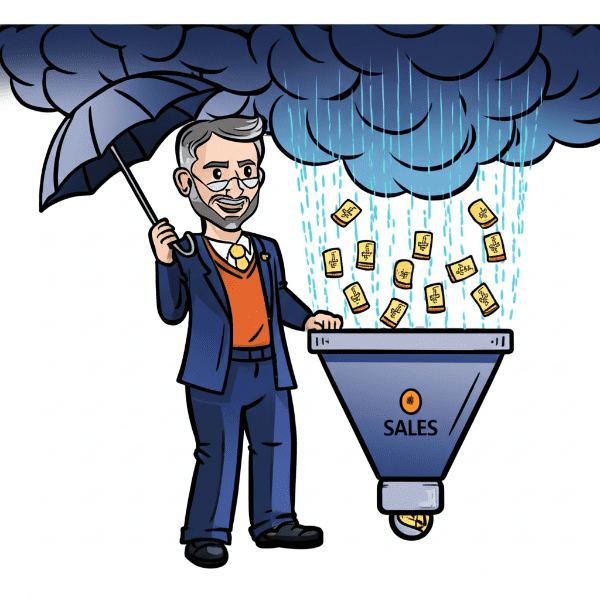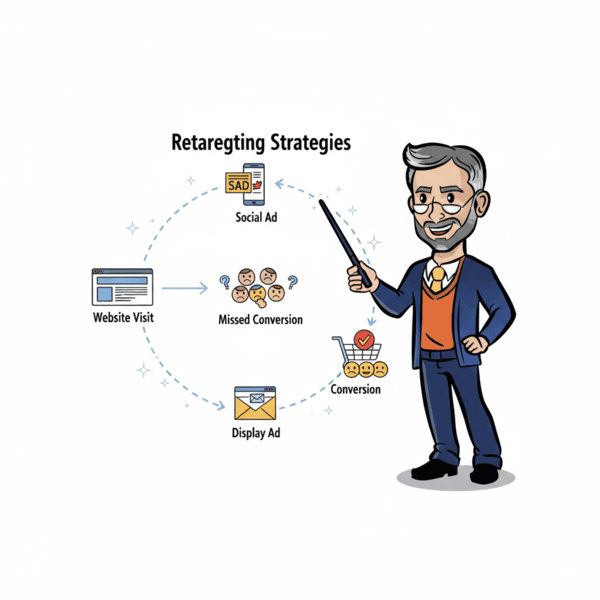What is Risk Management in Marketing?
Definition: Risk management in marketing is the process of identifying, assessing, and lessoning potential risks that could impact a company’s marketing efforts. These risks can include financial losses, damage to reputation, compliance issues, and unproductive campaigns. By integrating strategic risk management, businesses can reduce uncertainties and improve the productiveness of their marketing proposals.
Example in a Sentence: By conducting thorough market research and regularly reviewing campaign performance, the marketing team effectively used risk management and avoided costly mistakes.
Why is Managing Risks in Marketing Important?
1. Prevents Financial Losses

Campaigns that are poorly planned can lead to budget wastage and low returns. Risk management help businesses distribute resources wisely to boost profits.
2. Protects Brand Reputation
A marketing oversight can damage a company’s image. Risk management enables messaging to align with audience expectations and brand values.
3. Ensures Compliance
Marketing regulations vary across industries. Managing risks helps businesses stay compliant with current laws, thus avoiding legal issues and penalties.
4. Improves Campaign Effectiveness
Identifying potential risks before launching a campaign allows marketers to fine-tune strategies for better engagement and higher conversion rates.
Achieve Safer and Smarter Marketing Success
By proactively identifying and addressing potential threats, businesses can protect their brand, and optimize campaigns. A well-prepared marketing team minimizes uncertainty and maximizes opportunities.
More Definitions: Direct Marketing Strategy Definition, Dynamic Segmentation Definition, Sales Conversion Metrics Definition, Net Revenue Retention (NRR) Definition
Useful Posts: Cross Branding Kills CRO: What You Should Know and B2B Marketing Funnels: What to Do at Every Funnel Stage























